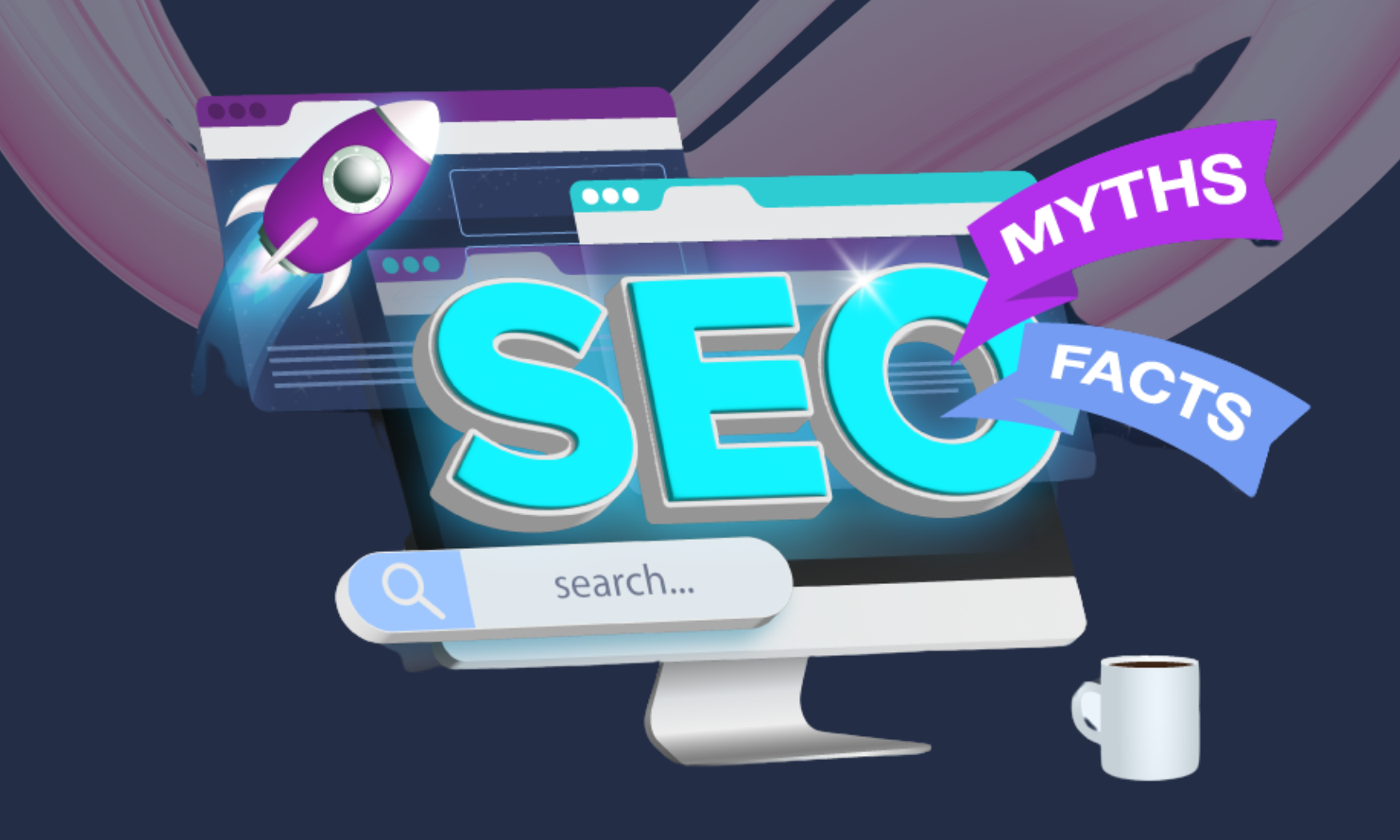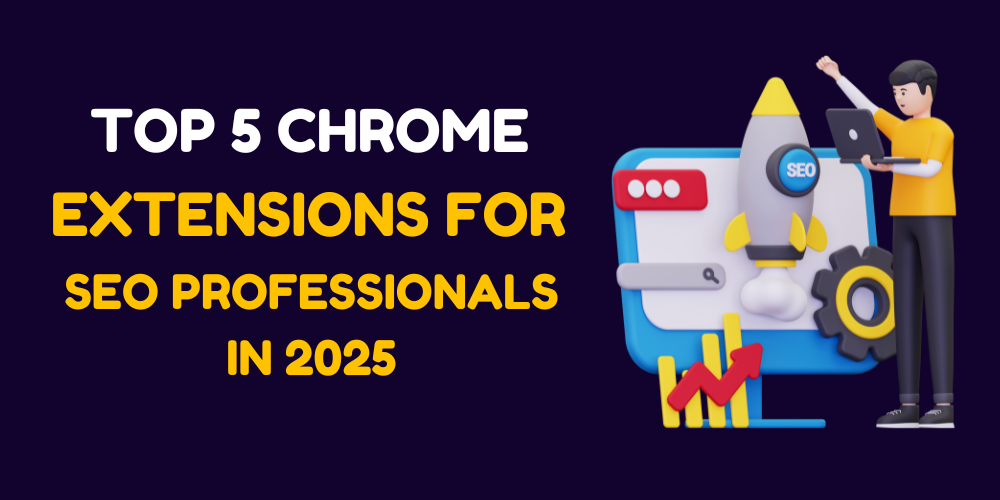Common Off-Page SEO Myths Debunked: What Really Works
Off-page SEO is a critical component of any successful SEO strategy. It involves activities outside your website that impact your rankings, such as building backlinks, social media engagement, and online reputation management. However, the world of off-page SEO is rife with myths and misconceptions that can lead businesses astray.
In this blog post, we’ll debunk some of the most common off-page SEO myths and provide actionable insights into what really works to improve your website’s rankings and online visibility.
What is Off-Page SEO?
Off-page SEO refers to actions taken outside your website to improve its search engine rankings. These activities include:
- Building high-quality backlinks.
- Engaging on social media platforms.
- Managing online reviews and reputation.
- Guest blogging and influencer outreach.
While off-page SEO is essential, it’s often misunderstood. Let’s clear up some of the most persistent myths.
Common Off-Page SEO Myths Debunked
1. Myth: More Backlinks Are Always Better
Reality: Quality trumps quantity when it comes to backlinks.
Many believe that the more backlinks a website has, the higher it will rank. However, this isn’t true. Google prioritizes high-quality backlinks from authoritative, relevant websites over a large number of low-quality links.
What to Do Instead:
- Focus on earning backlinks from reputable websites in your industry.
- Avoid spammy link-building tactics, such as buying links or participating in link farms.
- Use tools like Ahrefs or SEMrush to assess the quality of your backlinks.
2. Myth: Social Media Doesn’t Impact SEO
Reality: Social media indirectly affects SEO.
While social media signals (likes, shares, comments) aren’t direct ranking factors, they can still impact your SEO. Social media helps increase your content’s visibility, drive traffic, and attract backlinks—all of which contribute to better rankings.
What to Do Instead:
- Share your content on social media platforms to reach a wider audience.
- Engage with your followers to build a loyal community.
- Use social media to connect with influencers who can link to your content.
3. Myth: Guest Blogging is Dead
Reality: Guest blogging is still an effective off-page SEO strategy.
Some claim that guest blogging is no longer effective due to Google’s crackdown on spammy practices. However, when done correctly, guest blogging can help you earn high-quality backlinks and establish your authority.
What to Do Instead:
- Contribute guest posts to reputable websites in your niche.
- Focus on providing value to the audience, not just earning backlinks.
- Avoid low-quality or irrelevant websites.
4. Myth: Directory Submissions Are Useless
Reality: Niche-specific directories can still be valuable.
While general directory submissions have lost their effectiveness, niche-specific directories can still provide value. These directories help improve your local SEO and attract targeted traffic.
What to Do Instead:
- Submit your website to reputable, niche-specific directories.
- Avoid low-quality or spammy directories.
- Ensure your listings are accurate and consistent.
5. Myth: All Backlinks Are Created Equal
Reality: Not all backlinks are equal in value.
Backlinks from high-authority, relevant websites carry more weight than those from low-quality or irrelevant sites. Additionally, the context of the link (e.g., anchor text, surrounding content) also matters.
What to Do Instead:
- Prioritize backlinks from authoritative websites in your industry.
- Use natural, relevant anchor text.
- Avoid over-optimizing your anchor text with exact-match keywords.
6. Myth: Off-Page SEO is All About Backlinks
Reality: Off-page SEO encompasses more than just backlinks.
While backlinks are a crucial component of off-page SEO, they’re not the only factor. Other activities, such as social media engagement, online reputation management, and influencer outreach, also play a role.
What to Do Instead:
- Diversify your off-page SEO efforts to include multiple strategies.
- Focus on building relationships with influencers and industry leaders.
- Monitor and manage your online reputation.
7. Myth: You Can’t Control Your Off-Page SEO
Reality: You have more control over off-page SEO than you think.
While you can’t control everything (e.g., who links to your site), you can take proactive steps to influence your off-page SEO. For example, you can reach out to websites for backlinks, engage on social media, and manage your online reviews.
What to Do Instead:
- Actively seek out backlink opportunities through outreach and content creation.
- Engage with your audience on social media to build a loyal following.
- Encourage satisfied customers to leave positive reviews.
8. Myth: Off-Page SEO Delivers Instant Results
Reality: Off-page SEO is a long-term strategy.
Some believe that off-page SEO can deliver instant results, but this isn’t true. Building high-quality backlinks, establishing authority, and growing your online presence take time and consistent effort.
What to Do Instead:
- Be patient and consistent with your off-page SEO efforts.
- Focus on sustainable strategies that yield long-term results.
- Regularly monitor and adjust your strategy based on performance.
What Really Works in Off-Page SEO
Now that we’ve debunked the myths, let’s focus on what really works in off-page SEO:
- Building High-Quality Backlinks: Focus on earning backlinks from authoritative, relevant websites.
- Engaging on Social Media: Use social media to increase your content’s visibility and attract backlinks.
- Guest Blogging: Contribute valuable content to reputable websites in your niche.
- Influencer Outreach: Build relationships with influencers who can link to your content.
- Online Reputation Management: Monitor and manage your online reviews and reputation.
- Local SEO: Optimize your website for local search by claiming your Google My Business listing and submitting to niche directories.
Off-page SEO is a critical component of any successful SEO strategy, but it’s often misunderstood. By debunking common myths and focusing on what really works, you can improve your website’s rankings and online visibility.
Remember, off-page SEO is a long-term strategy that requires consistent effort and a focus on quality over quantity. By building high-quality backlinks, engaging on social media, and managing your online reputation, you can achieve sustainable results and grow your online presence.




